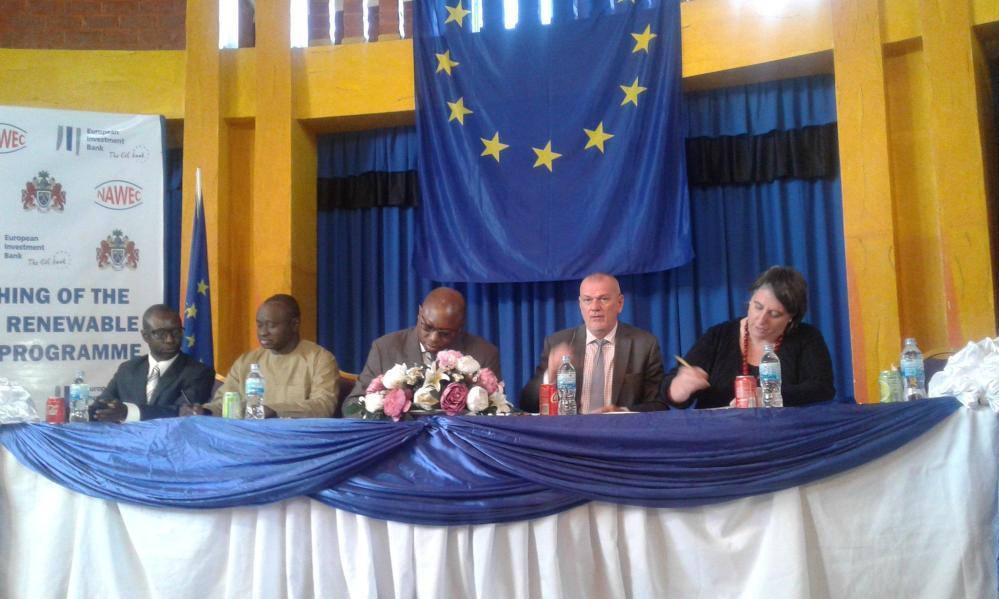European Investment Bank (EIB), along with World Bank (WB) and European Union (EU) has announced a new €142m funding for the clean energy initiative in Gambia.

Image: The agreement was signed by EIB director for lending operations outside Europe Maria Shaw-Barragan, at a ceremony in Banjul. Photo: Courtesy of European Investment Bank.
The initiative is expected to increase energy supply in the Gambia and transform electricity access in rural communities through construction of a new photovoltaic (PV) plant at Jambur near Banjul, new power transmission and distribution infrastructure.
The project is expected to increase access to energy, ensuring that education and health services benefit from reliable power.
Republic of Gambia Vice President Ousainu Darboe said: “Investment in Gambia’s energy infrastructure is essential to improve economic opportunities and daily lives in our country and this new project demonstrates how harnessing the power of the sun can power Gambia in the years ahead.
“The close cooperation between Gambia and international partners such as the European Investment Bank, World Bank and European Union will ensure that Gambia benefits from the most cutting-edge technical experience in the industry from around the world, and become a model for renewable energy for the rest of Africa.”
EIB said that the present funding marks its first engagement in Gambia since 1991 and forms largest ever financing for investment in Gambia.
European Investment Bank energy vice president Andrew McDowell said: “The European Investment Bank is committed to supporting climate action around the world. As the EU Bank, the EIB is pleased to support our first project in Gambia since 1991 and provide €65 million for this transformational project in cooperation with Gambian, international and European partners.
“Connecting one of the largest solar power plants in West Africa to communities across Gambia will increase access to clean energy, create new economic opportunities and improve health and education for future generations.”
The European Union is expected to provide €106m for the clean energy program that will be implemented by national electricity utility NAWEC.
The funding includes €65m under a 25-year long-term concessional loan from EIB and a €41m grant from the European Union budget. Additionally, World Bank is providing financing of €35.7m to support the project.
Under the scheme all 1,000 schools and 100 health centers in rural parts of the Gambia, currently with limited electricity access are expected to be benefitted from reliable energy supply through new connections to the national energy network and provision of off-grid solar and battery systems.
